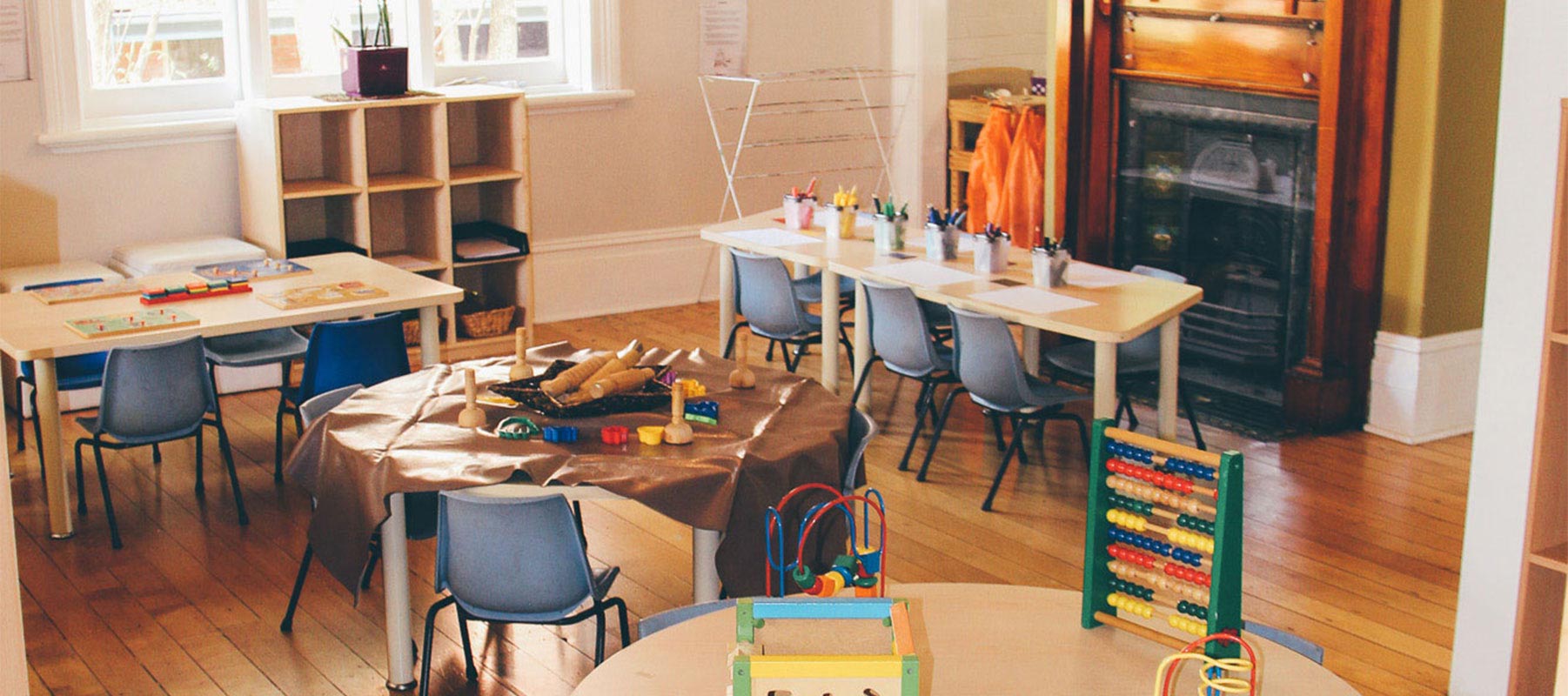The fear, despair and drudgery that is so evident in the world was not God’s intention. God gave mankind the garden (all of life) and said “go and play” but we turned and listened to another voice.
Because of what God has done for us in Christ our lives can be surprised by joy and lived out with robust playfulness.
Play is not just frivolousness or the opposite to serious enterprise. It’s an attitude that relishes God’s gifts of provision and life. It’s not limited to the aesthetic, creative, imaginative dimensions of life, or only given to a few. Playful joy, as an attitude to life, is an invitation given to all to vigorously engage with God’s world. It stimulates imagination; nurtures curiosity; fosters discovery, exploration and experimentation; encourages creative flair and assist in the integration of work and rest. (Transformation by Design, p.80; National Institute for Christian Education)
A child’s approach to learning.
We know that play is a child’s natural dominant learning approach and contributes to their knowledge and skill development across all domains; cognitive, social/emotional, creative and physical. It also provides a solid foundation for future learning. Educators and young children co- construct learning through play activities, creating a bridge between play and more complex learning (Fleer, 2011)
It is vitally important to us at Narnia that our spaces are filled with enticing and inviting learning centres and activities which build curiosity and a desire to learn and to engage in meaningful play-based inquiry, experimentation and discovery.
This type of inspirational play requires a teacher who knows how to present curriculum and child development in a way that is so captivating for children that it builds curiosity and stimulates imagination which fuels inquiry and exploration.
The process of exploration is enhanced and scaffolded by the Teacher introducing probing questions. The questions should direct the child to higher levels of thinking and richer learning and discovery.
This style of learning, where children are active participants through inquiry and problem solving, encapsulates the focus of the daily program. It will also lead to and have a positive impact on developing and improving Literacy and Numeracy learning by engaging children’s interest, building intrigue and improving focus through captivating activities.
Teachers and Educators must be collaborators who share their knowledge and expertise to create a learning environment with programs that seamlessly weave together all aspects of children’s’ learning.
This learning environment allows for the expression of personality and uniqueness. It enhances dispositions such as curiosity and creativity and enables children to make connections between prior experiences and new learning. The engagement in the environment and the learning process, helps to meet the needs of active or restless children. It also assists children to develop relationships and concepts and stimulates a sense of wellbeing because we are building community. All feel valued.
Play provides opportunities for children to learn as they discover, create, improvise and imagine. When children play with other children, they create social groups, test out ideas, challenge each other’s thinking and build new understandings. Play provides a supportive environment where children can ask questions, solve problems and engage in critical thinking. Play can expand children’s thinking and enhance their desire to know and to learn (Early Years Learning Framework p.15).
Our Narnia Prep program immerses children in a day of stimulation and engaged excitement. We want the children to arrive with eagerness and anticipation of what is ahead for each day. Through this joy filled learning experience children will –
- learn to deal with problems and make reasoned decisions in unfamiliar situations
- adapt to and participate in change
- reason critically and creatively
- appreciate other people and respect their opinions
- inquire deeply on a specific topic
- own their learning
- learn how to question and provide insightful answers
- learn to work productively with others
- begin the journey of developing independent learning strategies.
As the year progresses, our Prep children become more motivated and excited to learn, they become more engaged and fascinated by the world around them. This is their preparation for life-long learning.


